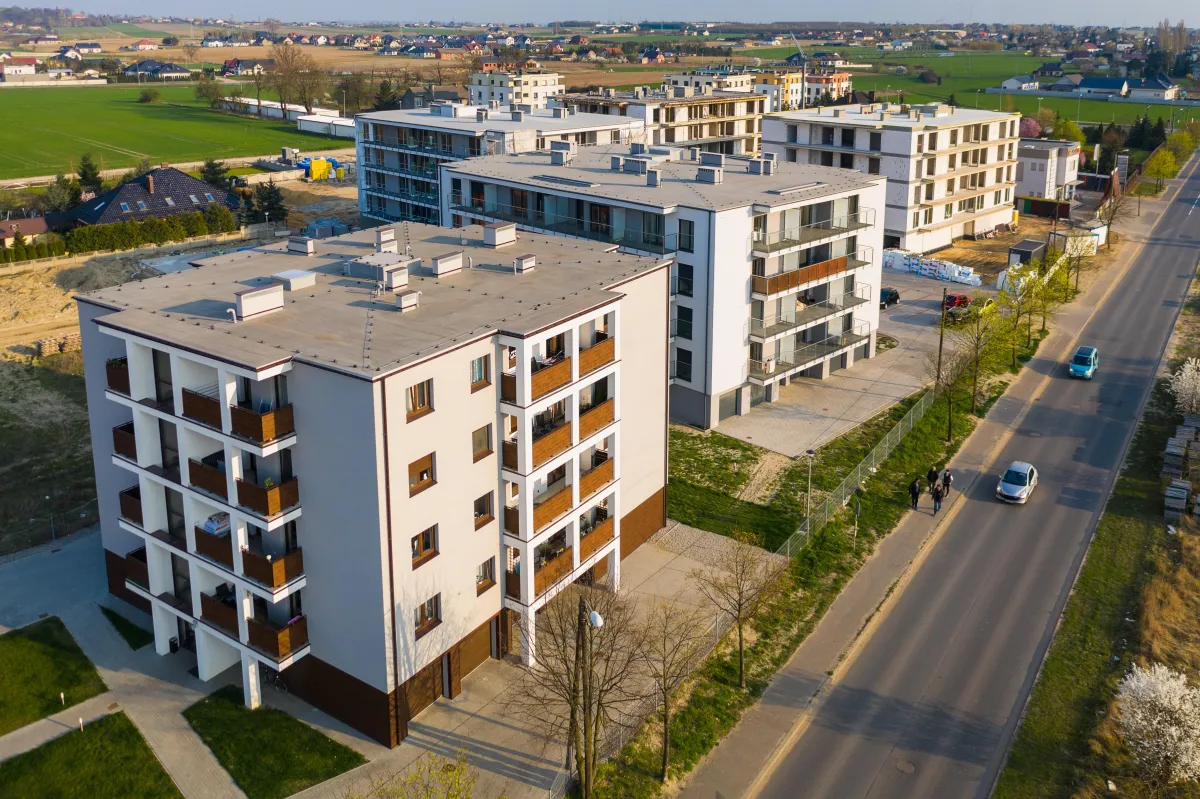We Acquire and Build Commercial Real Estate That Performs
Specializing in RV parks, multifamily, storage, hotel and mobile park acquisitions—we partner for long‑term value, operating excellence, and community impact.
Discover Your Perfect Investment Opportunity
We invest in five core property types: RV parks, multifamily housing, self-storage facilities, hotels and mobile home parks. Each asset is rigorously underwritten for cash flow potential and growth, then professionally managed for operational efficiency and tenant satisfaction. Whether it's maximizing nightly rates or stabilizing occupancy across portfolios, our mission is straightforward: deliver performance that lasts.






Why We're Your Trusted Partner

Unique Acquisition Expertise -
In niche assets like RV parks and storage, where institutional capital is still emerging.

Investment Plans
Our approach is customized to match your financial goals, ensuring a plan that works for you.

Strategic Operator Mindset -
We don't just buy; we actively oversee operations to unlock value.

Honest Communication
We believe in full transparency, keeping you informed every step of the way with no hidden surprises.
Expert in Multiple Asset Classes





RV Parks
While not the most common commercial asset class, RV parks present a unique and often overlooked opportunity. Most investment firms lack a true understanding of their potential. We're actively seeking both value-add and turn-key cash-flowing RV park investments.
Multi-family
No multifamily property is too big or too small - we purchase properties of all sizes across the country, with management in place and ready to handle any scale.
Storage Facilities
We frequently purchase storage facilities, including IOS, climate controlled, non climate controlled properties, with no minimum or max NRSF requirements. we evaluate each property on its own merits.
Hotels
We got our start in hotels and are always open to new opportunities. With hotels, market dynamics are especially important, so we tend to be more selective when evaluating these deals.
Mobile Home Parks
Another asset class lost to the masses. So few investment firms don't seem to have a clear understanding on how to underwrite and make good fair offers. be it park owned or tenant owned homes we have the expertise to make solid fair offers.
Invest in Your Future, Secure Success Today
If you are looking to sell, we deliver clarity and confidence. Let's evaluate deals, align goals, and build a portfolio that endures.
Meet Our Expert Team

Robert Foley
Co-Founder - Director of Acquisitions

Kari Foley
Co-Founder - Director of Administration

Trent Ellingford
Co-Founder




